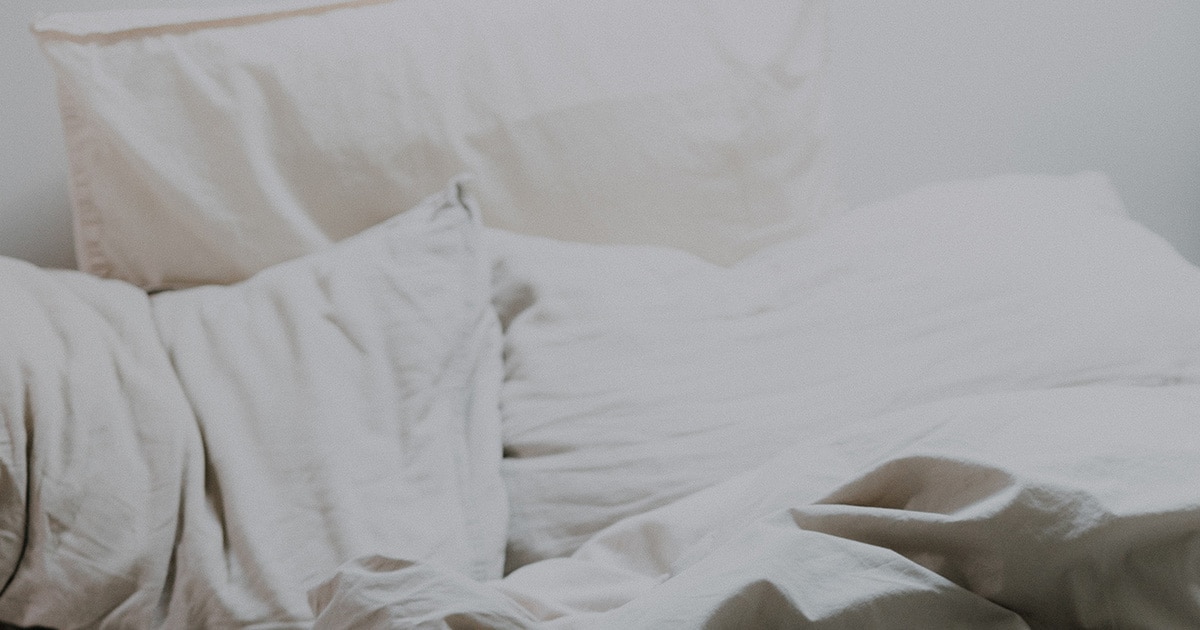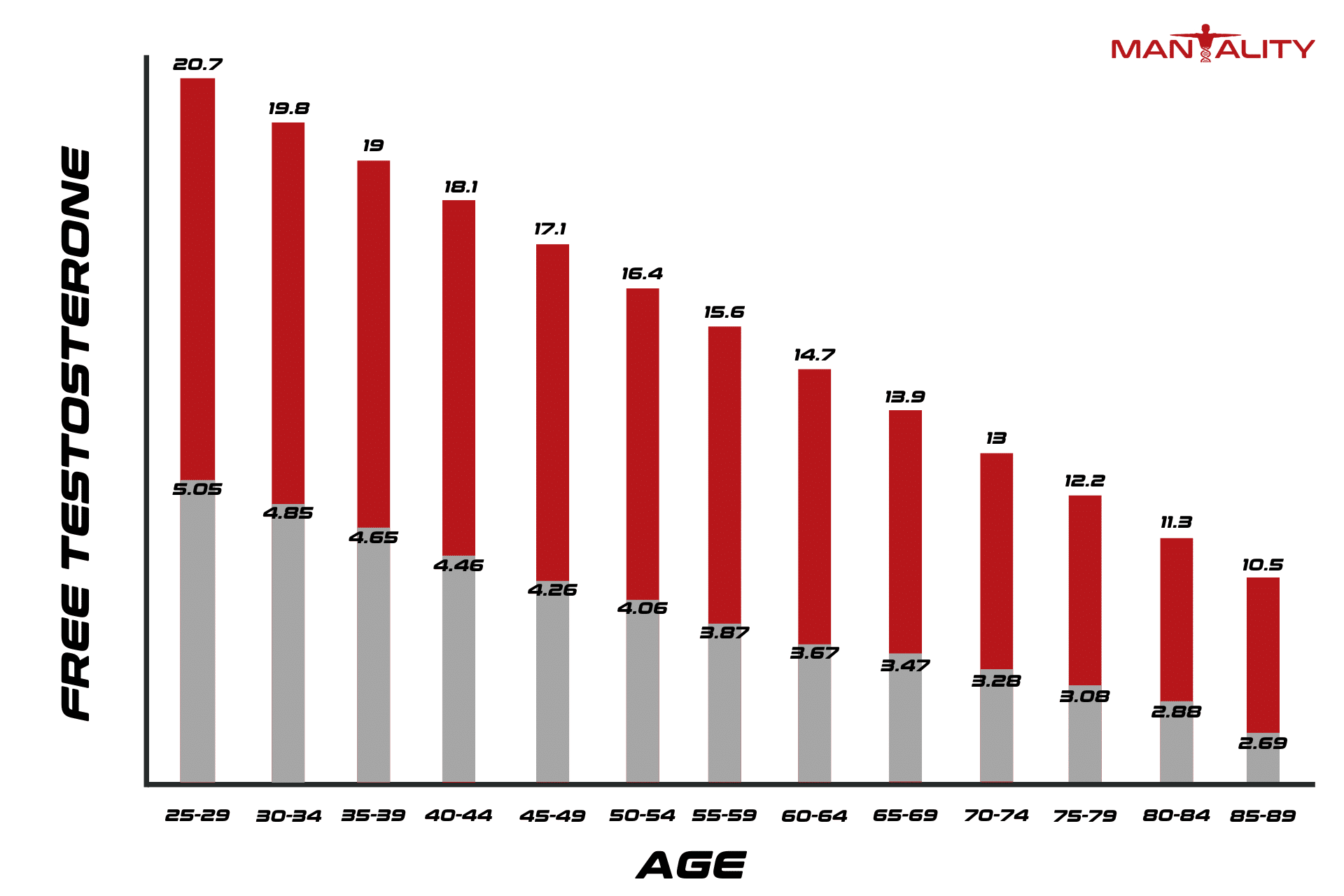It can be annoying waking up in the middle of the night, overheated with a damp forehead and clinging to soggy sheets. The good news is that night sweats can be treatable for most men.
What are night sweats?
Our bodies want to stay at approximately the same temperature, or “thermoneutral zones” at all times. For example, this is the reason when the body is at a lower temperature, it responds by shivering, thus bringing up the temperature. When the thermoneutral zone is higher than normal, we start to sweat, so that the body can release heat and cool down.
What causes night sweats in men?
Numerous health-related issues can throw out the crucial temperature regulation system out of balance in men.
A number of physical, medical, and psychological conditions can interfere with men’s temperature balance systems. Sometimes, night sweats might be triggered by taking a hot shower, drinking something hot, or working out.
Night Sweats from Exercise
Some research indicates that regular exercise can actually lower the thermoneutral zone benchmark, making it easier to exceed the threshold while you’re tucked up under the covers, causing night sweats. However, it doesn’t mean that you should stop exercising. A long-term, well-planned exercise program is key to good health. Look for exercises that can help to calm your mind and relax your body before you go to sleep, such as yoga or a slow walk.
Night Sweats from Anxiety and Stress
Research has shown that even struggling with a complicated math problem can put sweat glands into overdrive. So, if you’re dealing with a traumatic event, such as relationship issues, a job loss or have lost a loved one, which can be emotionally taxing and stressful, make sure to look after yourself mentally and understand that the night sweats should pass with time.
Night Sweats from Low Testosterone Levels
As men get older, they produce lower levels of the hormone testosterone – a condition referred to as male hypogonadism. Many medical professionals prescribe hormone replacement therapy to help with night sweats and other symptoms of low testosterone. Contact Mantality Health to schedule your free evaluation to get tested if you think you could be experiencing low testosterone levels.
Night Sweats from Hyperhidrosis
In some cases, human sweat glands will become activated by the nervous system for no clear medical reason. It can result in excessive sweating during the day as well as at night. Researchers are not sure why this happens, but sweating can occur across the body as well as only over one or two specific areas.
What are some things I can do now to help reduce night sweats?
If you’re experiencing night sweats, there are both natural and over the counter ways in which you’re able to help eliminate perspiration while you’re between the sheets. There are, however, medical conditions that can be involved, and consultation with your doctor may be necessary.
Cooling Bed Systems
Using a mattress and bedding that is breathable and designed to keep you cool can be a factor reducing the chances and severity of night sweats. Products including cooling bed mattress toppers, cooling pads and cooling blankets, can help create the ideal sleep environment.
Bedroom Temperature
Experts recommend that the optimum room temperature for sleep is between 68 and 72 degrees.
Things to Avoid
Avoid sweat “triggers” such as hot showers, caffeine, chocolate, alcohol and spicy foods.
Relax Before Bedtime
Relaxation techniques, such as meditation and deep breathing, are well-accepted tools in decreasing one of the most common causes of night sweats, such as anxiety and stress.
Adjust Daily Habits
Establishing habits such as bathing daily, changing socks often, and ensuring that feet are dry, can reduce body temperature. This decreases the potential for night sweats.




